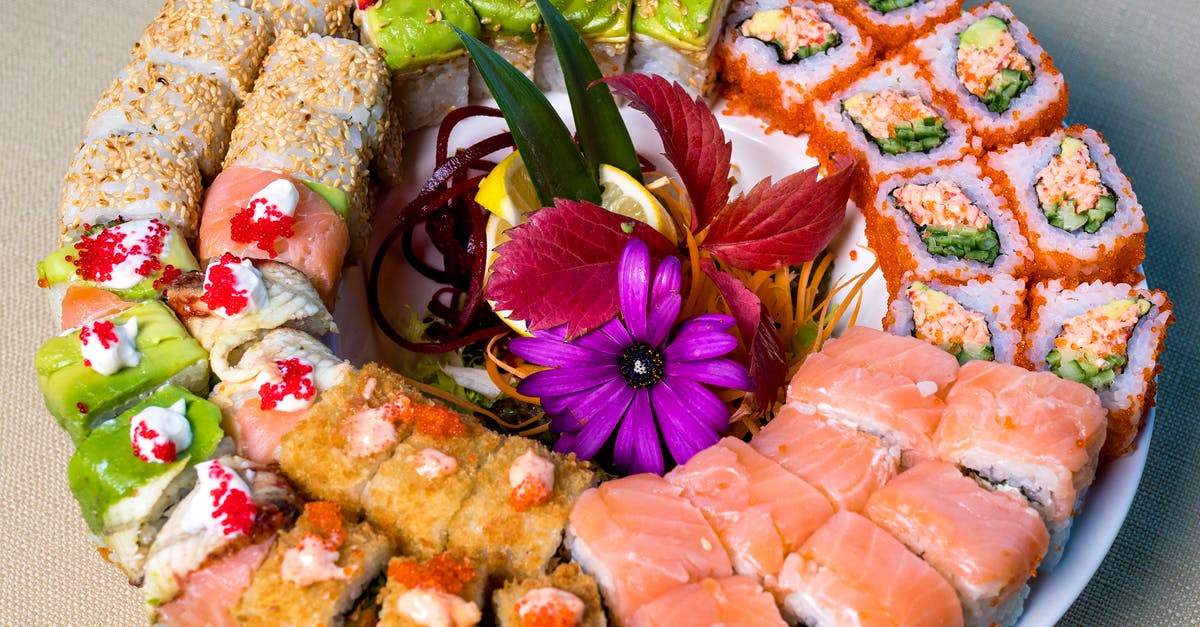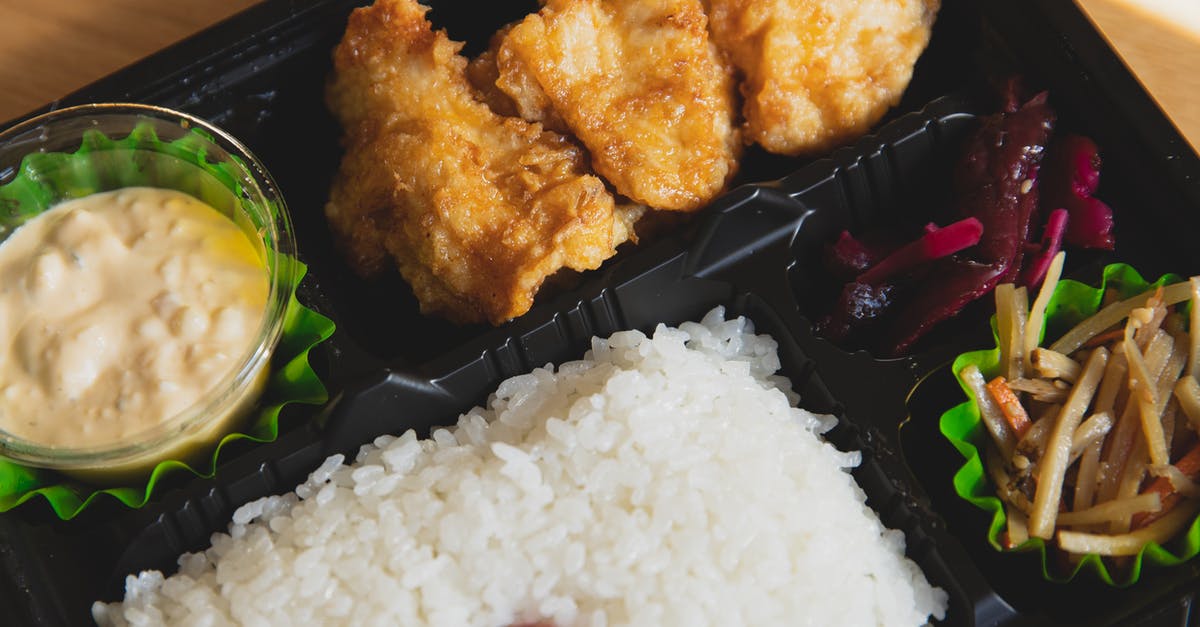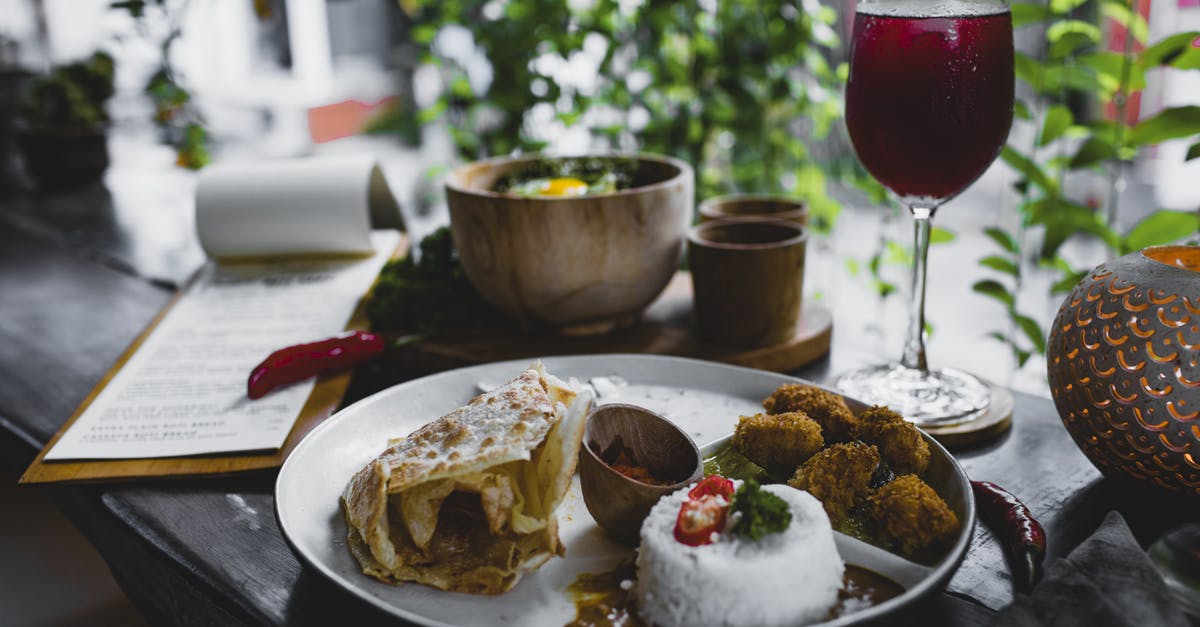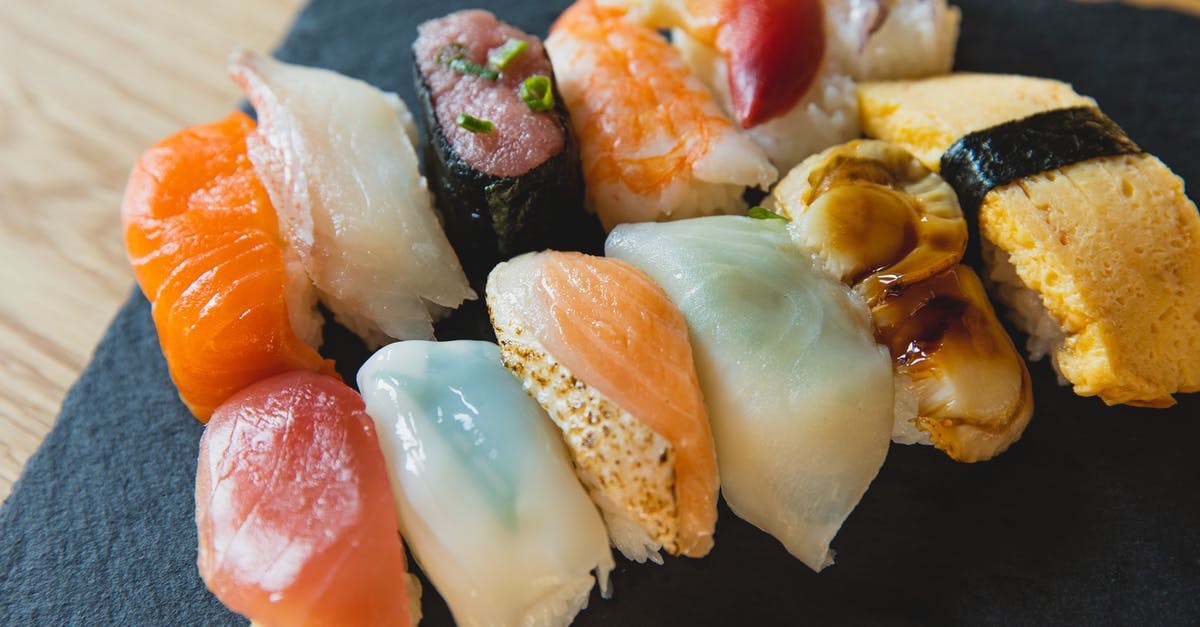Pressure cooker rice quality vs high-end rice cooker

I'm considering buying a proper rice cooker, as we've eaten most of the non-stick coating of the cheap one. The forums rave about induction heating, Zojirushi, Tiger, Toshiba RC-18NMF with its cast-iron pot, Buffalo with their stainless steel pots. And now there is also the Tefal RK704 with its ceramic pot to consider...
Occasionally it comes up that folks cook rice in their electric pressure cookers, and it takes them on the order of 10 minutes! That speed sounds like a major advantage. Why would anyone use a rice cooker? (At least the expensive ones?)
Comments such as this one seem to indicate that the high-end rice cookers do something special, resulting in longer cooking times (50 minutes) and better-tasting rice.
So my question is: is this difference real? Is it noticeable by ordinary people? Has anyone tested this side-by-side, with the same rice?
Is there any other reason I'm missing that a rice cooker be more convenient than a modern electric pressure cooker?
Best Answer
There are some advantages to a pressure cooker, but I don't think that the rice QUITE finishes in 10 minutes in my experience. For proper texture, it still seems to take some time for the rice to fully hydrate and steam itself after the heat is off. A normal well-covered pot of (most kinds of) rice takes approximately 25-30 min after it comes to a boil, and 10-15 minutes of that is resting with no heat. The pressure cooker might save 8-10 minutes off of that, because I think you'll not need as much time on heat.
The downsides of a pressure cooker include: 1) It's much too easy to cook off too much water and burn or dry out the rice while on full heat, because you cannot see how much water is inside. 2) It doesn't hot hold the rice very well. (In Japan, Korea and China, it's generally considered rude to serve cooled off rice). and 3) It's also not so easy to cook a small amount of rice, because the minimum amount of liquid (by manufacturer recommendations, based on capacity of the vessel) may be higher than you'd need for a typical 180ml scoop of rice. Items 1 and 3 can be mitigated with practice, I suppose. I had pretty good results with a stovetop pot that wasn't a pressure cooker back when I did it regularly, and I think it's not that hard to adapt to the difference with a pressure cooker, but I've certainly made my share of timing and water volume mistakes.
The induction rice cooker I have does have a "quick" mode, which finishes in about 23-25 minutes (similar to stovetop). The cycle doesn't seem to perfectly steam the rice compared to the regular or eco mode cycles, however; texture is a bit firmer than it ideally should be. The 43 minute standard cycle produces very good results, never burns, and keeps hot without major texture compromise for up to about 8 hours (after that texture degrades, but mine will keep even longer if I leave it on). Some models even have an "okoge' feature to simulate the traditional cast-iron pot technique that was common in Japan through the early 20th century, which results in an intentional slightly crusty bottom. IH and Fuzzy Logic rice cookers make constant subtle adjustments that you may not need to make if you're very consistent in timing and volume with a stovetop or pressure cooker.
Mostly the value of a rice cooker is that you set it and forget it. Once you start it you can focus on the prep work for other things. I use it even when I'm using the pressure cooker for lentils or whatever. The hot holding, which is still essentially an extension of "set it and forget it," is another key advantage.
Pictures about "Pressure cooker rice quality vs high-end rice cooker"



Quick Answer about "Pressure cooker rice quality vs high-end rice cooker"
Rice Cooker Pros It features automatic shut-off and keep warm functions, and is considered a more energy efficient way to cook rice than a stove-top pot. A pressure cooker, on the other hand, cooks food faster and requires less water/liquids for cooking.Is a high end rice cooker worth it?
It'll last you years and years, it looks great, and can more or less cook any grain you want to toss in it. Bottom line: A high-end rice cooker is a surprisingly versatile piece of kitchen equipment, that will save time and help make having delicious healthy meals even easier. It's well worth the investment.How is a rice cooker different from a pressure cooker?
Rice made in a rice cooker. There are many differences between a pressure cooker and a rice cooker. Pressure cookers cook all types of foods quickly, while rice cookers are typically only for cooking rice, and do not speed up cooking time. A pressure cooker and a rice cooker are both common in the modern kitchen.Does the quality of a rice cooker matter?
No matter your skill level, cooking rice can be a challenge. A quality rice cooker eliminates the effort and guesswork and can be an efficient way to prep properly cooked grains in advance\u2014no more babysitting the stove and still getting starchy, undercooked mush or crunchy, half-done grains.Why pressure cooker rice is not good for health?
It is believed that cooking rice in a pressure cooker creates a harmful chemical that can lead to a lot of diseases. Also, consuming rice prepared in a pressure cooker can cause obesity. When cooking in a pressure cooker, you don't remove the water from the rice and this leads to weight gain.Do You Need a $350 Rice Cooker? — The Kitchen Gadget Test Show
Sources: Stack Exchange - This article follows the attribution requirements of Stack Exchange and is licensed under CC BY-SA 3.0.
Images: Farhad Ibrahimzade, Ryutaro Tsukata, ROMAN ODINTSOV, Ryutaro Tsukata
